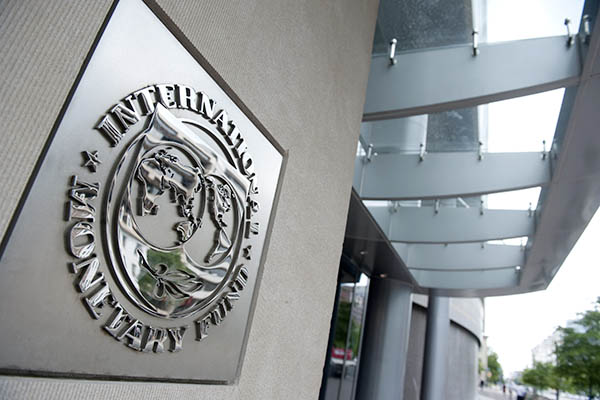
Saul Loeb—AFP
Greater efforts still needed to preserve macroeconomic stability, says mission chief Harald Finger
Pakistan’s economy has gained momentum amid improved security and other policy moves, but the government needs to do more to head off growing risks, the International Monetary Fund said on Thursday.
An IMF team wrapped up a weeklong visit in Islamabad to review the economy, and mission chief Harald Finger warned that discipline in government accounts to contain the deficit and allowing the currency to move more freely will be key.
“While the authorities have taken steps to address these challenges, greater efforts are required to prevent a further build-up of vulnerabilities and preserve Pakistan’s hard-won macroeconomic stability,” Finger said in a statement, noting that a surge of imports has drained the central bank’s reserves.
The fund now expects the country’s economy to grow by 5.6 percent this year, an improvement on the forecast released just two months ago, “supported by improved security conditions, energy supply, infrastructure investment and agriculture.” That would be the fastest growth in a decade, coming as the country benefits from a wave of Chinese investment of nearly $50 billion in transportation and energy infrastructure. But many economists say that to have a real impact on poverty, the country would need a sustainable growth rate of 6-8 percent for several years in a row.
“While economic growth has been accelerating and inflation remains subdued, Pakistan is facing important near-term economic challenges,” Finger said.
In addition to carefully managing debt liabilities, he stressed that “continuing to strengthen mechanisms for protecting the most vulnerable will be critical to support inclusive growth.” The comments came as part of a “post program review” just over a year after the end of a three-year, $6 billion IMF aid program.
